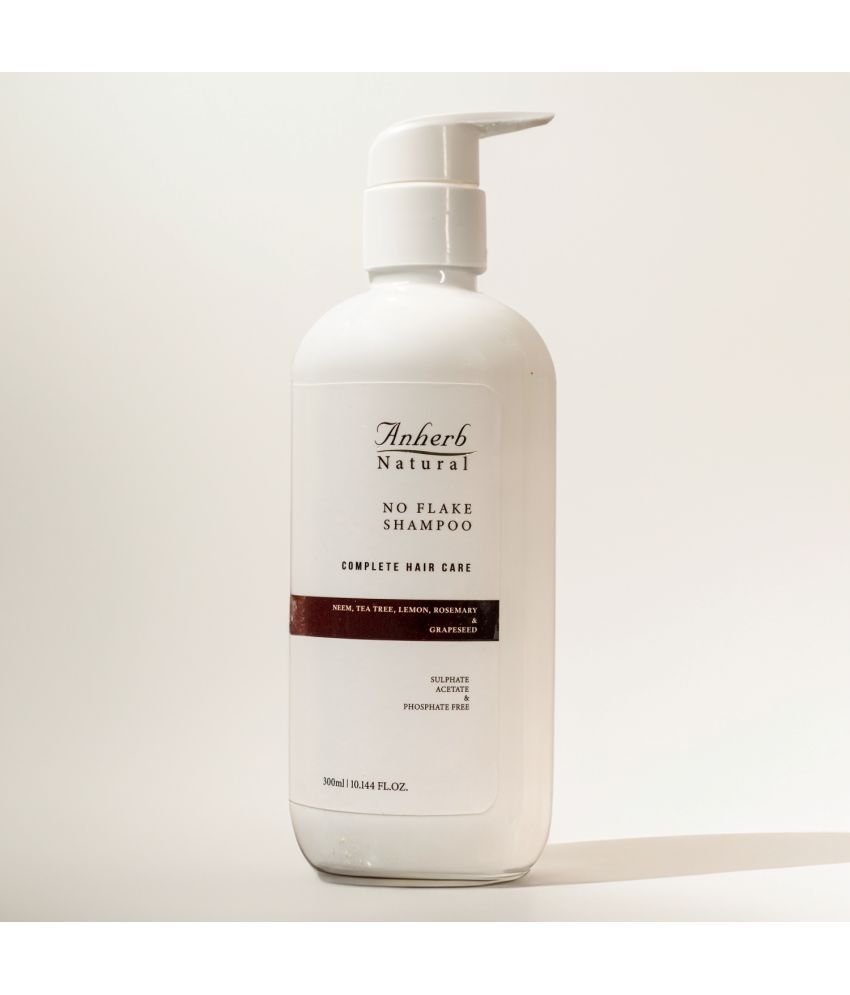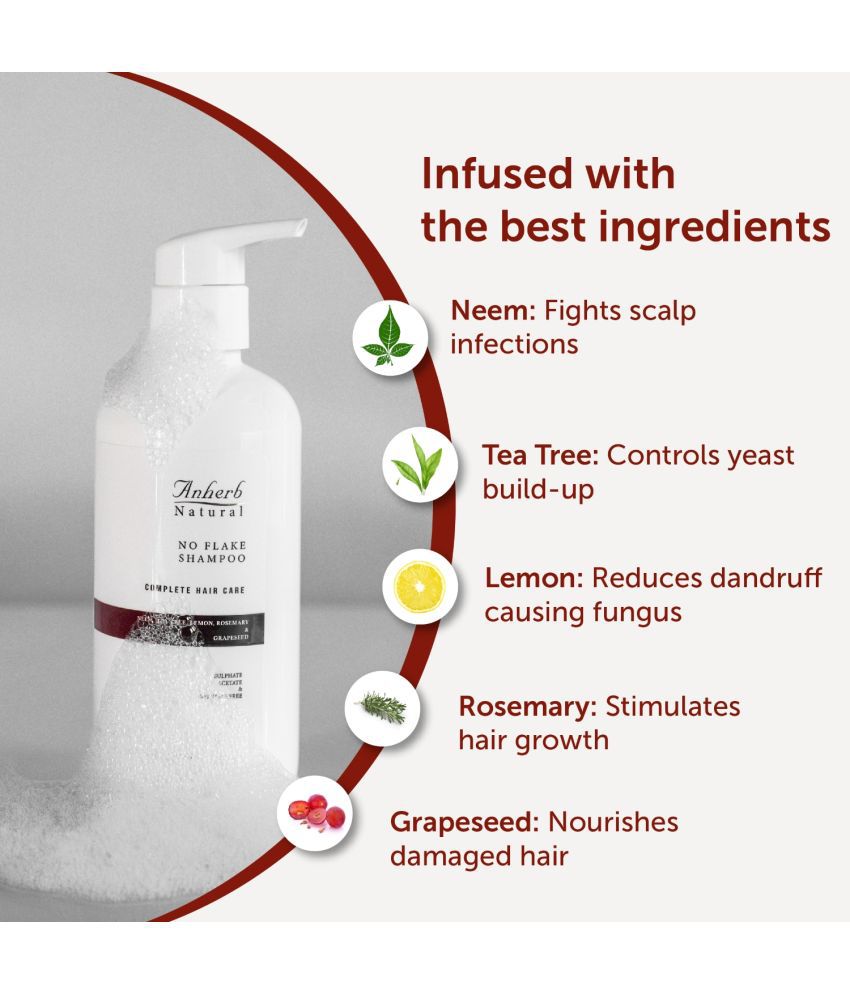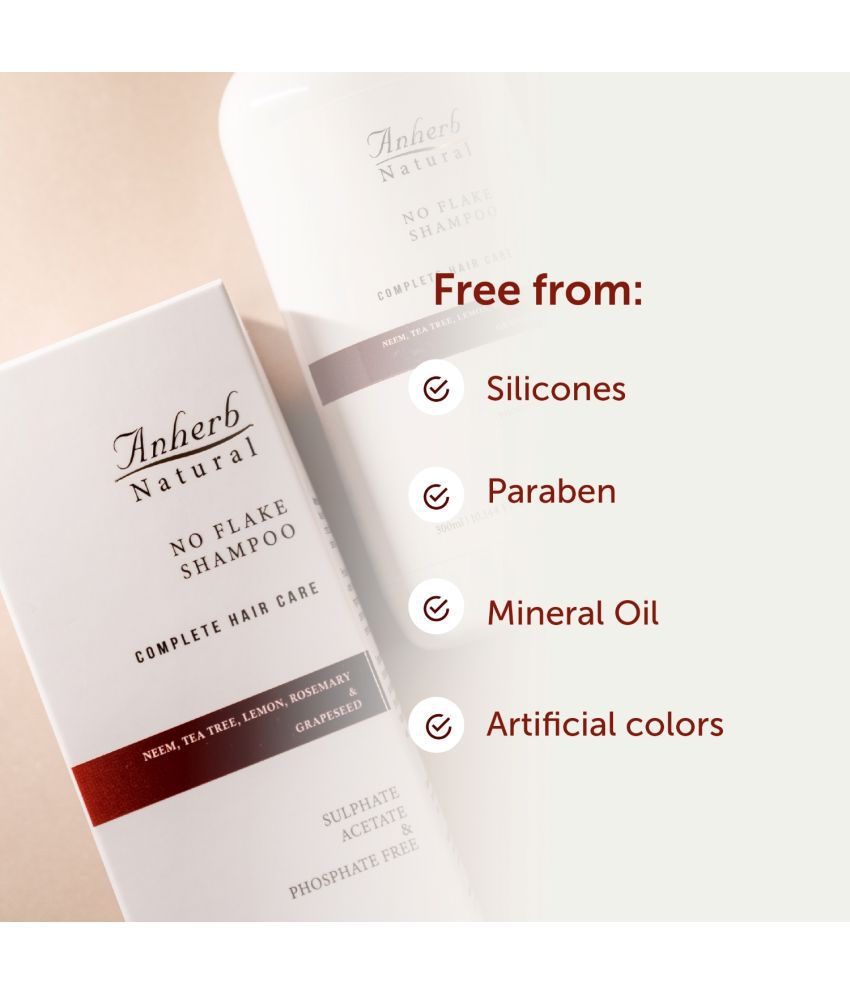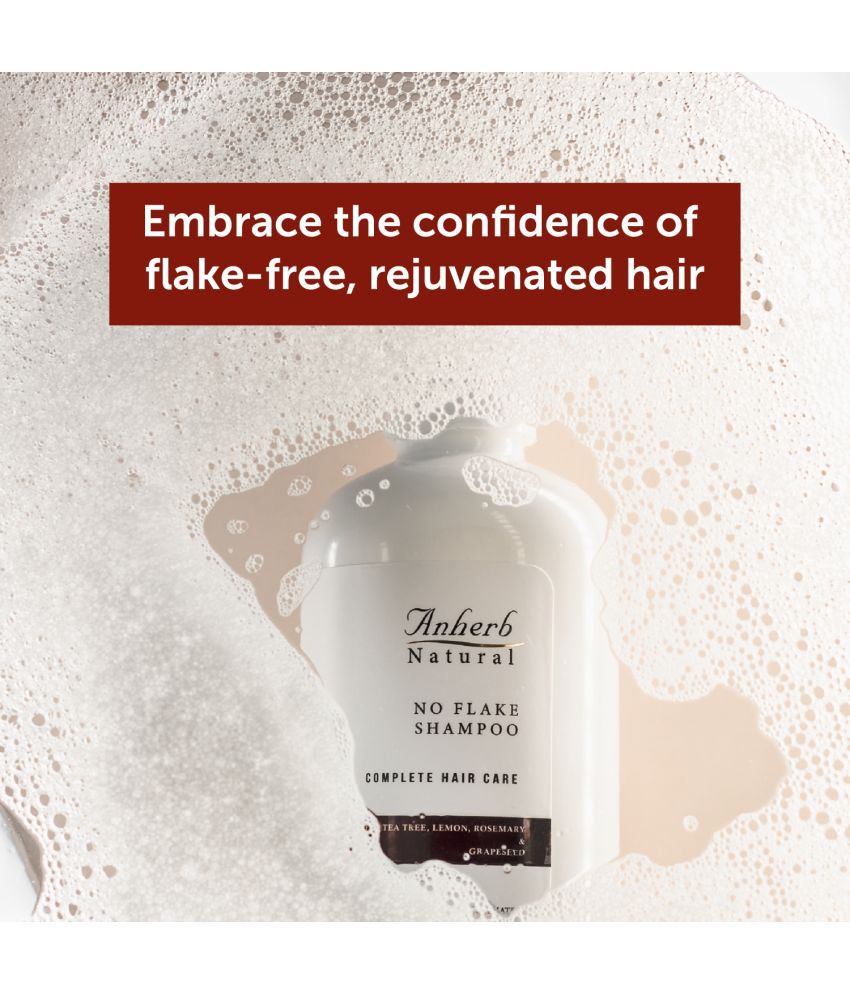Lemon – Combats dandruff–causing fungus- Lemon contains compounds that exhibit antifungal properties. These properties may help in inhibiting the growth of fungi, including those that contribute to dandruff
Tea Tree – Reduce the buildup of yeast in the scalp- Tea tree oil contains terpenes, such as terpinen-4-ol, which have been found to exhibit antifungal properties. These properties may help combat the overgrowth of yeast on the scalp.
Rosemary – Stimulates hair growth -Rosemary is believed to improve blood circulation, including to the scalp. Better blood flow can potentially promote a healthier environment for hair follicles and stimulate hair growth.
Grapeseed – Repairs capillaries that have sustained damage- Grapeseed oil is rich in antioxidants, such as polyphenols and vitamin E. Antioxidants can help protect the skin from oxidative stress and free radical damage, which can be associated with capillary damage.
Neem – Fight dandruff and scalp infections.
Sulphate Phosphate and Acetate Free- Sulfates, such as sodium lauryl sulfate (SLS) and sodium laureth sulfate (SLES), are detergents commonly used in shampoos to create lather and remove dirt and oil. Sulfate-free shampoos aim to provide a gentler cleansing experience, which can be suitable for individuals with sensitive scalps or those looking to avoid potential drying effects.




